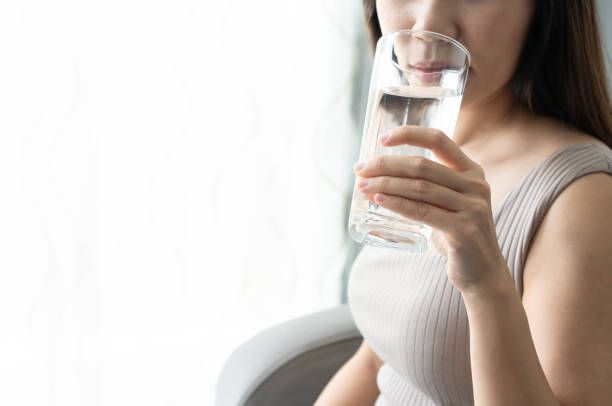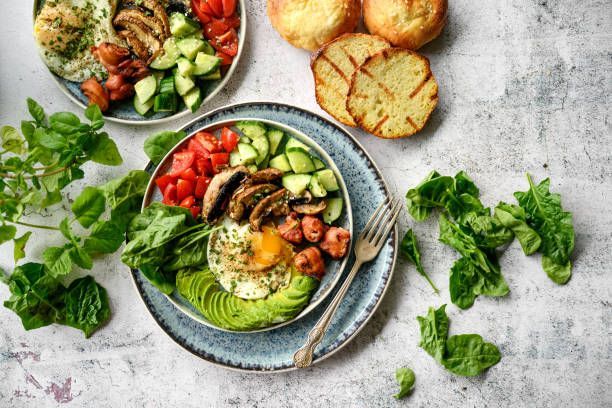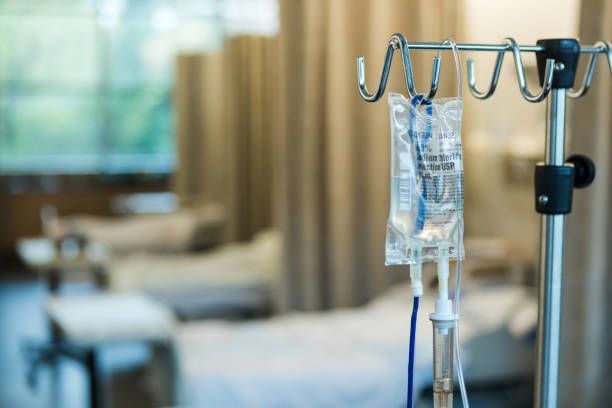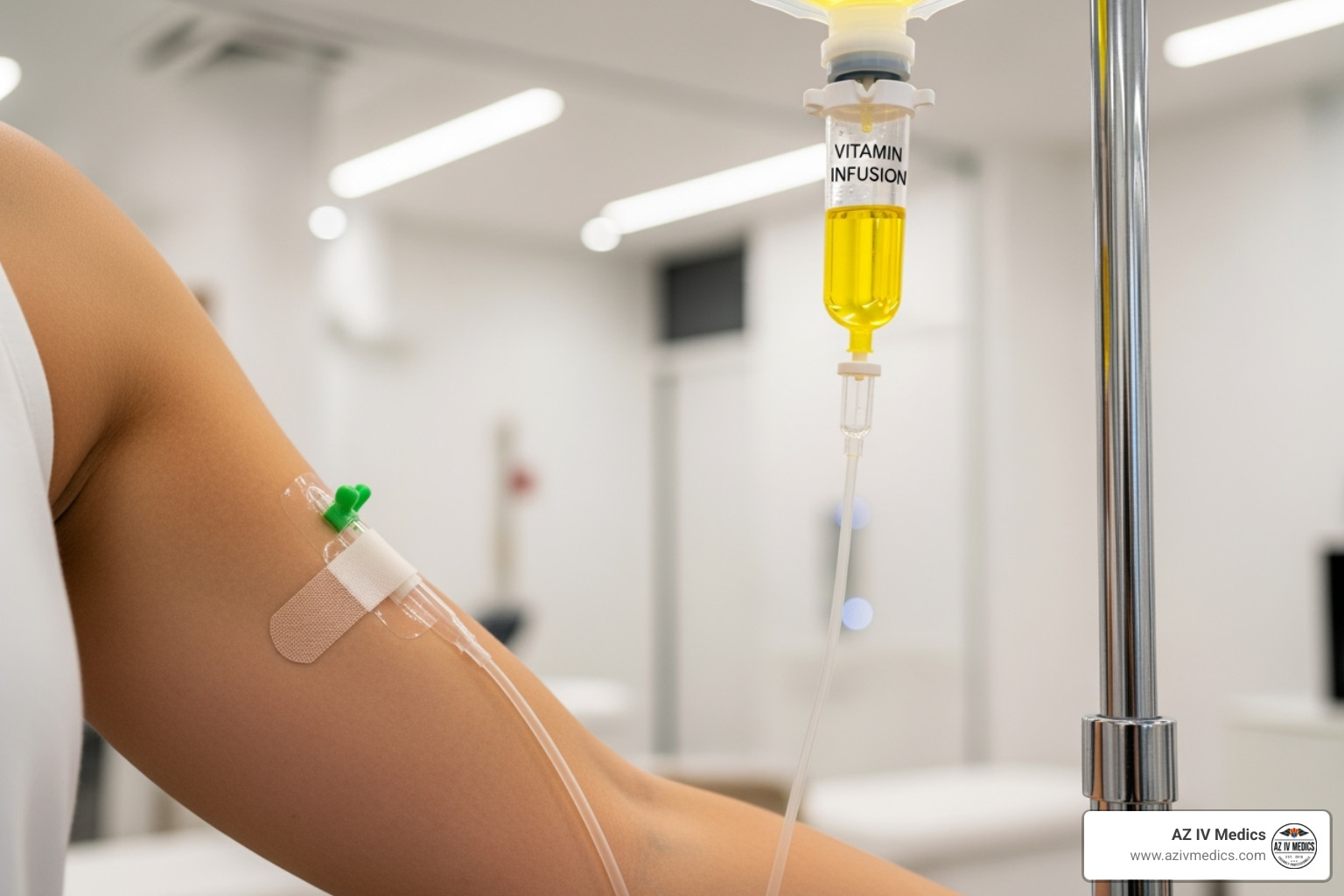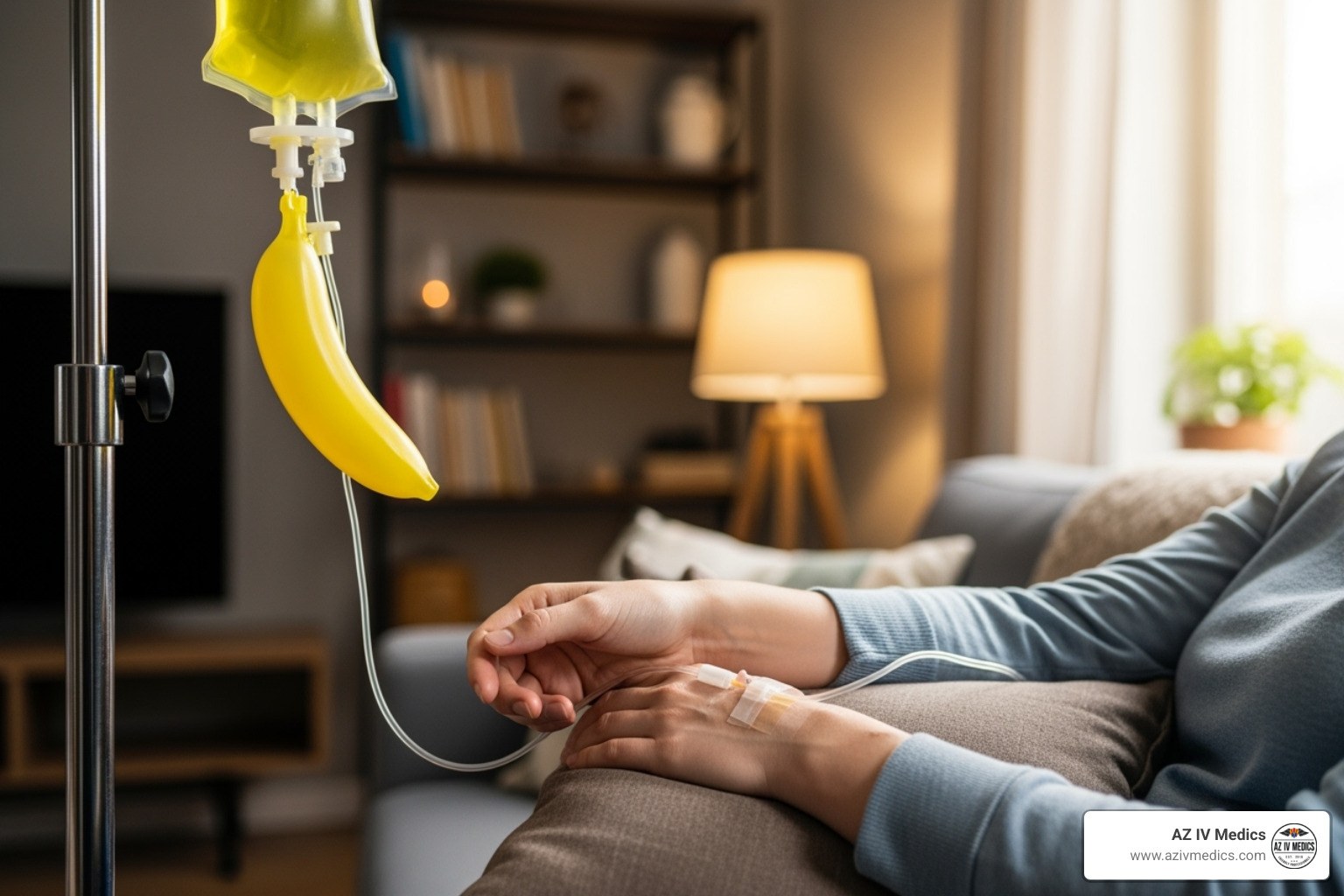Keto Hydration: Prevent Dehydration and Balance Electrolytes Fast
Matt Heistan • May 20, 2020
The keto diet involves cutting carbs and eating fat. It's very popular because it puts the body into ketosis, a metabolic state.
This results in the body burning fat instead of sugar for fuel. Overall, this diet is safe and can be a part of a healthy lifestyle. However, especially when first starting this diet, there are a few things to keep in mind as it can cause dehydration.
The Keto diet has become a popular way to lose weight and improve overall health. However, one common issue that many people experience while following this diet is dehydration. The nature of the high-fat and low-carb diet can cause an imbalance in electrolytes, leading to dehydration and other unpleasant symptoms.
Proper hydration is essential to stay healthy and avoid dehydration while on the Keto diet. In this article, we will discuss effective tips to help you stay hydrated on the Keto diet.
Importance of Hydration on the Keto Diet
Water makes up a significant portion of our body, and proper hydration is essential for the proper functioning of the body. When on the Keto diet, it is even more crucial to maintain proper hydration levels.
The reason being that the Keto diet is a low-carb and high-fat diet, which means that the body produces ketones to burn fat for energy instead of glucose. This process leads to the loss of water and electrolytes, leading to dehydration.
Electrolyte intake plays a vital role in weight loss in ketosis, as electrolytes help the body absorb and utilize nutrients. Dehydration can lead to various unpleasant symptoms such as muscle cramps, headaches, keto flu, fatigue, constipation, increased thirst and hunger levels.
Signs of Dehydration on the Keto Diet
Electrolyte imbalance can lead to dehydration, and there are several signs that you should be aware of. Some of the common signs of dehydration on the Keto diet include:
- Dry mouth and throat
- Increased thirst
- Dark yellow urine
- Dry skin
- Fatigue and weakness
- Dizziness and lightheadedness
- Headache
- Constipation
If you experience any of these symptoms, it is crucial to increase your water intake and consider incorporating electrolyte-rich foods and drinks into your diet.
How the Keto Diet Can Affect Hydration
Carbohydrates are what holds your body's water and sodium to help ensure you stay hydrated. Because the keto diet involves eliminating carbohydrates, you can easily sweat and lose necessary electrolytes such as sodium, magnesium, potassium and calcium.
The risk of dehydration is greater when first starting a ketogenic diet because your body is undergoing a lot of changes in how it handles water and electrolytes. While water is important in any diet, it is even more so in low-carb diets where the loss of essential electrolytes can quickly lead to symptoms of dehydration.
Water weight is also an important factor. When you start a keto diet, it is normal to lose several pounds of water weight in the first week or two due to glycogen stores being depleted and your body no longer absorbing as much water from carbs.
Tips to Avoid Dehydration on the Keto Diet
Because you need to drink more water on the keto diet, here are five tips on how you can avoid dehydration:
Start your day with water: Right when you wake up, drink a glass of plain water. Then, try to drink around eight glasses of water throughout the day. Keep in mind that this can vary based on things such as your location, activity level and weight. One way to see if you need to drink more water is to monitor the color of your urine. It should be either light yellow or clear if you are well hydrated.
Keep water nearby: It is easier to remember to drink water if you keep a full glass near you.
Buy a tracking cup or download an app: To visually see how much you drink in a day, you can purchase a daily water tracking bottle or download a water tracking app
Keep hydrated with other liquids: While water should be your main source, you can also stay hydrated with low-sugar broths, juices, sports drinks and popsicles.
Eat whole foods: Foods such as leafy vegetables have a high water content that can keep you hydrated, while nuts and seeds are high in electrolytes. Low-carb foods such as avocados, cucumbers and celery also contain a lot of water.
Recommended Daily Water Intake on the Keto Diet
Fluid intake while being in ketogenic diets is recommended to be at least 2-3 liters per day. However, when following the Keto diet, it is essential to increase your water intake to compensate for the loss of water due to the production of ketones.
A general rule of thumb is to drink at least half of your body weight in ounces of water. For example, if you weigh 150 pounds, you should drink at least 75 ounces of water per day.
Tips to Increase Water Consumption on the Keto Diet
Drinking plain water can be a challenge, especially if you are not used to drinking water regularly. Here are some tips to help you increase your water consumption on the Keto diet:
- Keep a water bottle with you at all times and sip on it throughout the day.
- Set reminders on your phone to drink water every hour.
- Infuse your water with fruits or herbs to add flavor.
- Drink water before and after meals.
- Avoid sugary drinks and replace them with water.
Incorporating these tips into your daily routine can help you increase your water intake and stay hydrated on the Keto diet.
Electrolytes and Their Role in Hydration on the Keto Diet
Electrolytes are minerals that conduct electrical impulses in the body and play a crucial role in hydration. The most important electrolytes for hydration are sodium, potassium, magnesium, and calcium.
When on the Keto diet, the loss of water and electrolytes can lead to an imbalance in electrolytes, leading to dehydration. It is essential to maintain proper electrolyte levels to avoid dehydration.
Fatty acids affect blood pressure, so it is important to ensure that electrolyte levels are balanced. Eating keto-friendly foods that contain electrolytes, such as leafy greens, avocados and nuts, can help maintain the balance of electrolytes in the body.
Supplements such as magnesium and potassium can also help replenish electrolytes lost due to dehydration.
Foods and Drinks to Avoid on the Keto Diet for Hydration
Some foods and drinks can make dehydration worse and should be avoided when on the Keto diet. These include:
- Alcohol: Alcohol can dehydrate the body and cause electrolyte imbalances.
- Caffeine: Caffeine can increase urine output and lead to dehydration.
- Processed foods: Processed foods are generally high in sodium and low in potassium, leading to electrolyte imbalances.
It is essential to limit these foods and drinks and increase your intake of water and electrolyte-rich foods.x
Hydrating Keto-Friendly Food Options
Incorporating hydrating foods into your Keto diet can help you maintain proper hydration levels. Here are some hydrating Keto-friendly foods to add to your diet:
- Leafy greens: Leafy greens such as spinach, kale, and lettuce are high in water and electrolytes.
- Avocado: Avocado is high in potassium and healthy fats, making it an excellent Keto-friendly hydrating food.
- Cucumber: Cucumbers are high in water and low in carbs, making them an excellent hydrating snack on the Keto diet.
- Berries: Berries such as strawberries, raspberries, and blackberries are high in water and low in carbs, making them an excellent hydrating dessert on the Keto diet.
Incorporating these foods into your meals can help you stay hydrated and healthy on the Keto diet.
Importance of Monitoring Urine Color for Hydration
Monitoring your urine color is an excellent way to know if you are properly hydrated. Urine color should be pale yellow or clear. If your urine is dark yellow, it is a sign of dehydration, and you should increase your water intake.
However, if your urine is clear or colorless, it may be a sign of overhydration, and you should decrease your water intake.
IV for Dehydration on the Keto Diet
Drinking water and other clear fluids can help you rehydrate, but there may be times when that isn't enough and you need a faster fix. At Arizona IV Medics, our medical professions offer mobile IV therapy to alleviate moderate and severe dehydration by getting fluid and electrolytes into your system fast.
Our IV vitamins, such as our signature Myer's Cocktail, will help restore your body's balance. To set up an appointment, please contact us.
Conclusion
Proper hydration is essential to stay healthy and avoid dehydration on the Keto diet. Incorporating these tips into your daily routine can help you maintain proper hydration levels and avoid unpleasant symptoms of dehydration.
Remember to drink enough water, monitor your urine color, and incorporate electrolyte-rich foods into your meals. Following these tips can help you stay healthy and hydrated on the Keto diet.



